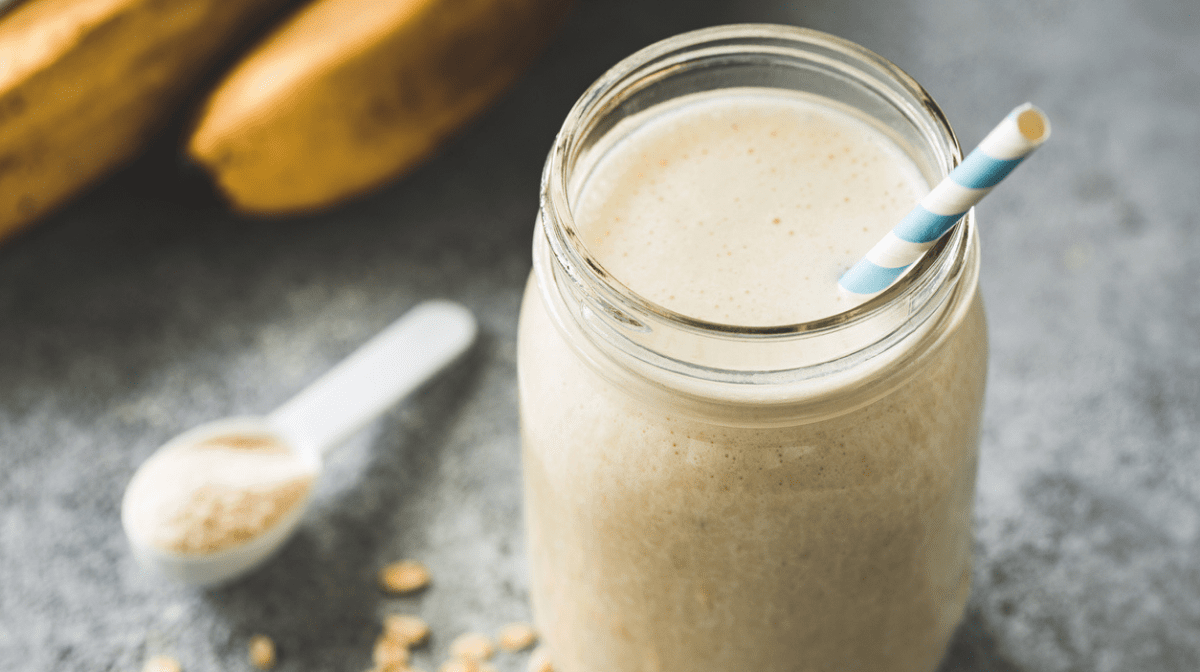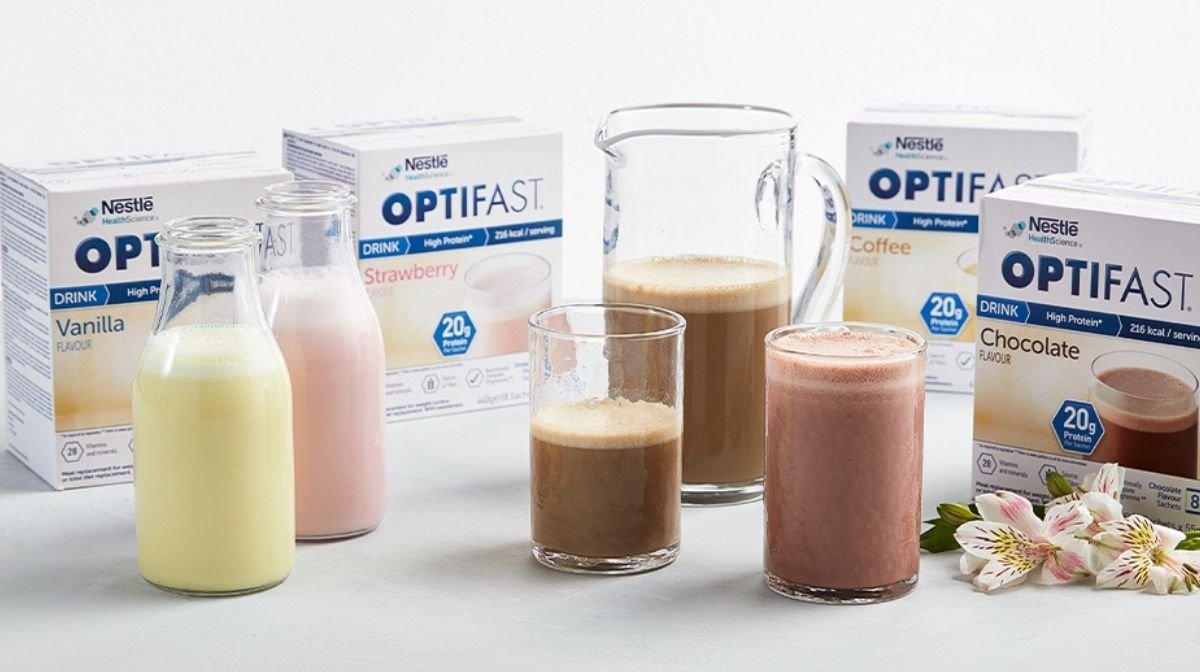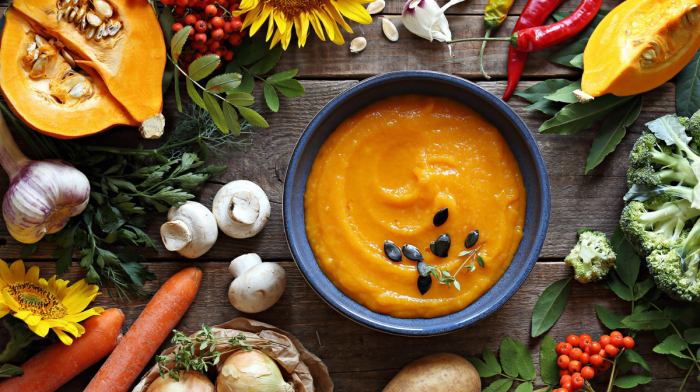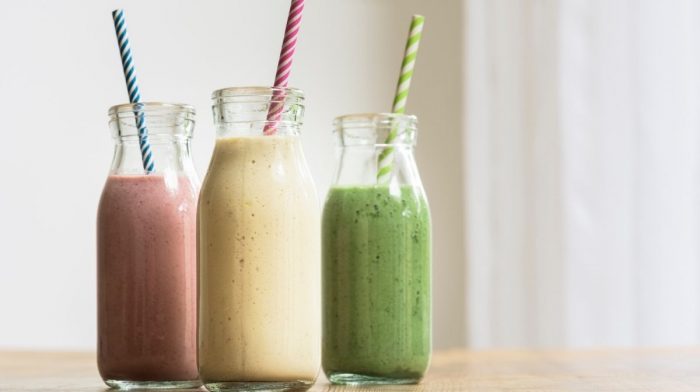It’s been a long stressful day and, even though you’re not feeling hungry, you think just a little ice cream will help. So, you head to your freezer, reach for your favourite chocolate fudge brownie ice cream and grab a spoon.
The next thing you know, you’re half a tub deep, with no signs of stopping.
You think to yourself: “This is so good. Just one more bite, then I’m stopping. Oh, there’s another piece of brownie…that was good. Ok…I’m stopping now. But this ice cream is SO good. Just one more bite. Argh! Why can’t I stop eating?!”
If this sounds familiar, you might be an emotional eater.
What Is Emotional Eating?
Simply put, emotional eating is eating (usually sugary and high-fat foods) as a way to comfort yourself and feel better.
We eat for a lot of reasons. And many of those reasons have nothing to do with being physically hungry. For some of us, eating brings a sense of comfort and helps melt away the stress of the day. For others, eating is a reward for exercising, consolation after heartbreak or even an activity to curb boredom.
Emotional eating is also commonly referred to as stress eating because stress is a common trigger for many emotional eaters.
Whatever the reason, if you find yourself eating even if you’re not hungry, you’re no longer eating to satisfy physical hunger – you’re eating to satisfy emotional hunger.
Even though you might feel a little better while you’re eating, emotional eating can actually make the feelings you’re trying to escape even more intense. Add in feelings of guilt over what you’ve just eaten and you can end up eating even more and feeling even worse.
How Do I Know If I’m An Emotional Eater?
Taking a few bites of something simply because it tastes great, even though you’re not hungry, doesn’t automatically mean you’re an emotional eater. But if you feel like eating is your go-to way of dealing with emotions like stress, exhaustion, sadness or boredom, you might be an emotional eater.
It might not matter how much you want to lose weight, or how good a diet program is, or even how much you know about what a ‘healthy diet’ looks like; when you depend on food on an emotional level, nutrition plans can go out the window.
Ask yourself these questions:
- Do I eat when I’m not hungry?
- Do I ever feel out of control around food?
- Do I often eat until I’m uncomfortably full?
- Do I use food as a way to calm down or relieve stress?
How did you answer these questions? And what emotions came up for you as you thought about them? If you answered yes to one or more of them and feelings of shame, guilt or even regret came up while you thought about them, you might be an emotional eater.
How to Stop Comfort Eating
To break the cycle of emotional eating, it’s important to first understand the why behind your eating. According to Dr. Beck, from the Beck Institute for Cognitive Behavioral Therapy, learning to think differently about food is the key to changing your behaviour around food.
By slowing down and taking the time to recognise what your body is feeling physically and emotionally, you can start to learn the why behind your cravings, and you’re giving yourself the chance to choose a different response to those cravings when they come.
Here are a few ways to help yourself to gain control and stop emotional eating:
Practice Mindfulness
Pausing to think about which emotions you’re experiencing when you have cravings can help you to understand and identify if you’re eating to satisfy physical hunger or emotional hunger.
Move Your Body
Exercise is a great coping strategy for relieving stress or anxiety. Discover exercises to improve your strength.
Eat a Healthy Diet
When you reach for foods that nourish and satisfy your body, it might be easier to notice when you’re eating for emotional reasons. A healthy dose of protein and fibre can help to kick hunger to the curb.










